Below is a list of cocktail books I recommend adding to your collection. These are the ones I return to most often or am simply glad to have on my shelf. From timeless classics to modern favorites, each has helped shape my understanding of spirits, cocktails and technique, and I find myself referencing them again and again.
Note: As an Amazon Associate, I may earn a small commission from qualifying Amazon purchases at no extra cost to you. Your support through these Amazon links helps keep the site running.
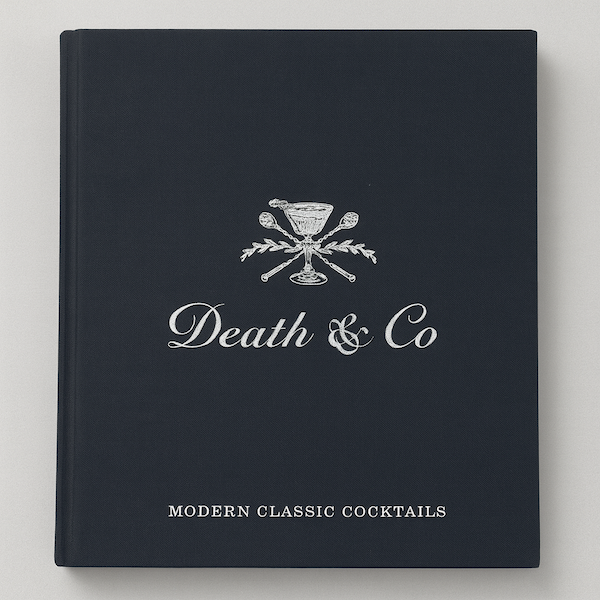
Death & Co: Modern Classic Cocktails
By: David Kaplan, Nick Fauchald, Alex Day
My go-to reference for modern cocktail recipes and technique
A modern classic from the team behind the renowned Death & Co bar in New York City, this book offers consistently excellent recipes, a great modern take on many classics, and thoughtful adjustments where they improve flavor. It helped define the craft cocktail movement and remains one of my most-used references for both creative ideas and understanding the balance and composition of great cocktails.
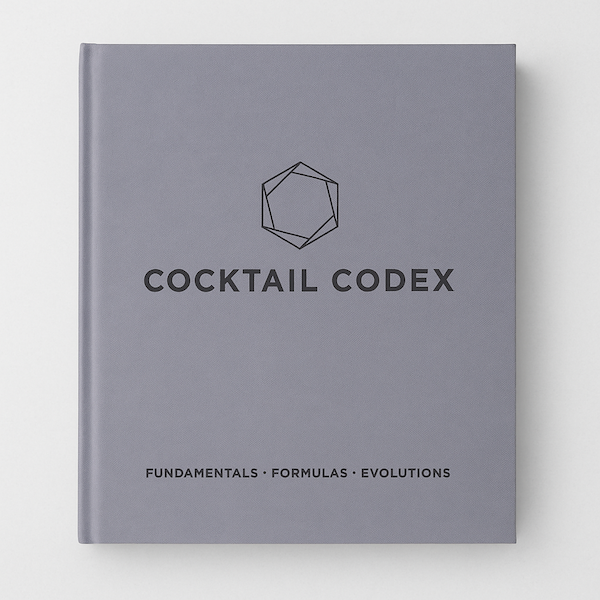
Cocktail Codex: Fundamentals, Formulas, Evolutions
By: Alex Day, Nick Fauchald, David Kaplan
A unique look at the shared DNA of cocktails and how small changes create something new
From the team behind Death & Co, this book explores the interconnected nature of cocktails. It breaks most drinks down to a few core formulas, showing how small adjustments or substitutions can create something entirely new. Viewing cocktails through this lens gave me a completely different perspective, and I now often see new recipes as variations of these fundamental templates. I return to it often for fresh ideas and a deeper understanding of how drinks are built.
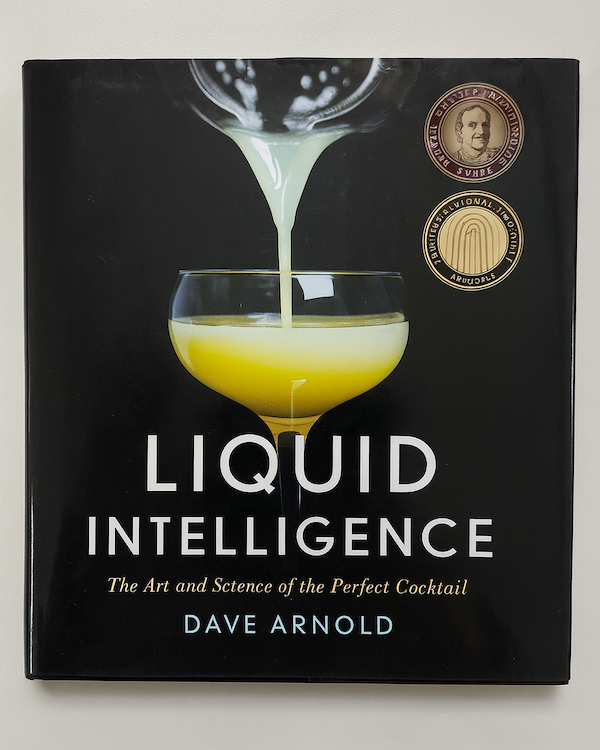
Liquid Intelligence: The Art and Science of the Perfect Cocktail
By: David Arnold
Brings science and precision to cocktail technique for consistently better results
Dave Arnold approaches cocktails with the curiosity of a scientist. This book dives deep into the chemistry, physics and engineering behind great drinks, from the impact of ice size and shape to detailed analysis of the method and timing for stirring or shaking. It’s not just theory, as the techniques and experiments here have expanded my understanding of how and why certain methods work and how to apply them for better results in any bar setting.
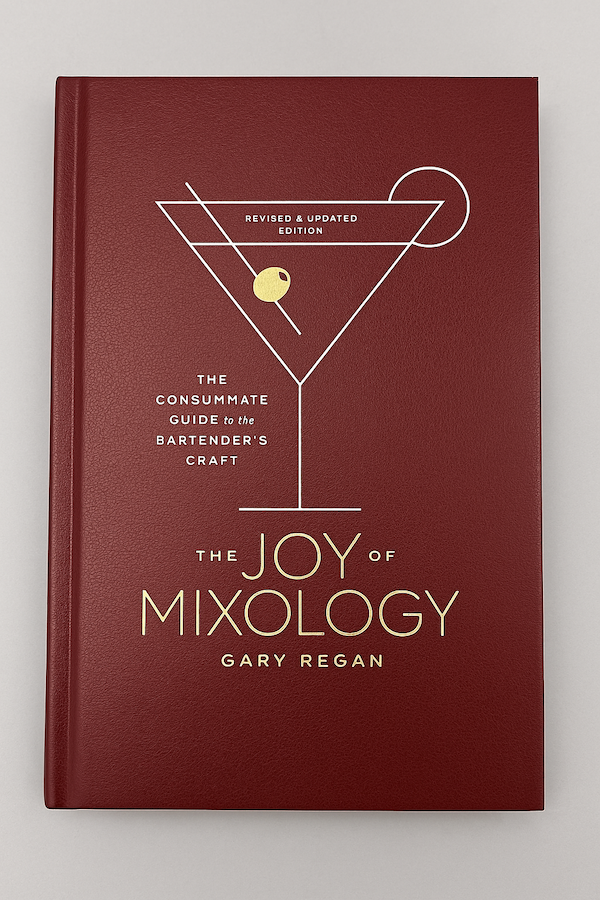
The Joy of Mixology
By: Gary Regan
Organizes and explores cocktails in a way that reshaped modern bartending
Gary Regan’s The Joy of Mixology is an essential reference that blends history, classification and technique into one approachable volume. It organizes cocktails into families, making it easier to learn, remember and adapt recipes. First published in 2003, it became a cornerstone of the modern cocktail renaissance and continues to influence bartenders and enthusiasts today.
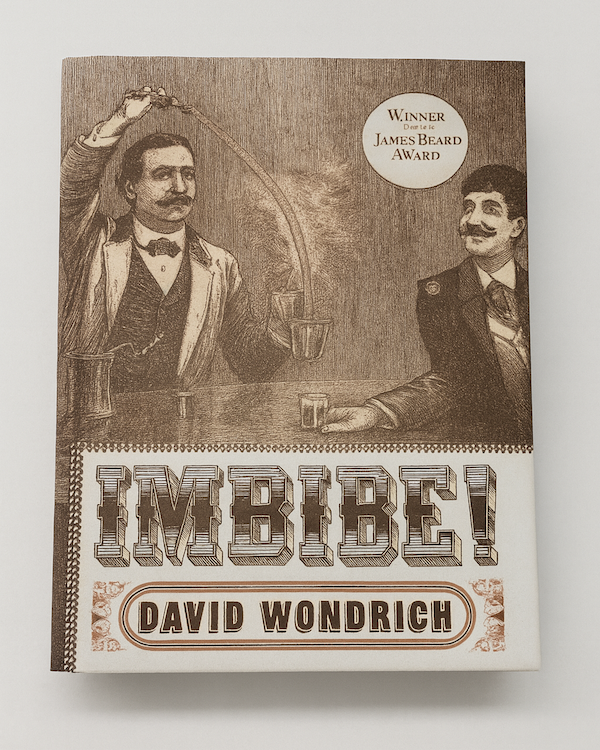
Imbibe!
By: David Wondrich
A masterful history of cocktails from one of the most respected drinks historians
Part history, part biography, Imbibe! tells the story of legendary bartender Jerry Thomas and the early days of American cocktail culture. Drawing on meticulous research, David Wondrich brings 19th-century recipes, techniques and stories to life, offering a fascinating look at how the craft began and evolved. It played a major role in the revival of pre-Prohibition classics and remains a must-read for anyone interested in the roots of cocktail culture.
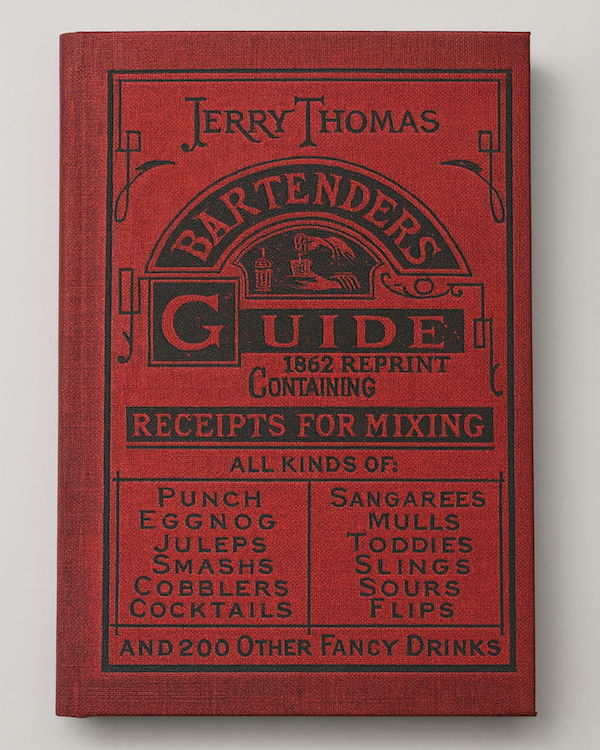
Jerry Thomas’ Bartenders Guide
By: Jerry Thomas
A valuable addition for anyone interested in the roots of mixology
First published in 1862 as How to Mix Drinks or The Bon-Vivant’s Companion, Jerry Thomas’ Bartenders Guide is widely considered the first cocktail book ever written. This faithful reprint preserves the original recipes and language, offering a direct window into the drinking culture of the mid-19th century, with recipes ranging from punches and flips to early versions of cocktails we still recognize today. While I don’t reach for it as a practical reference, it is a landmark in cocktail history and a fascinating reminder of how far — and in some ways how little — the art of mixing drinks has changed.
